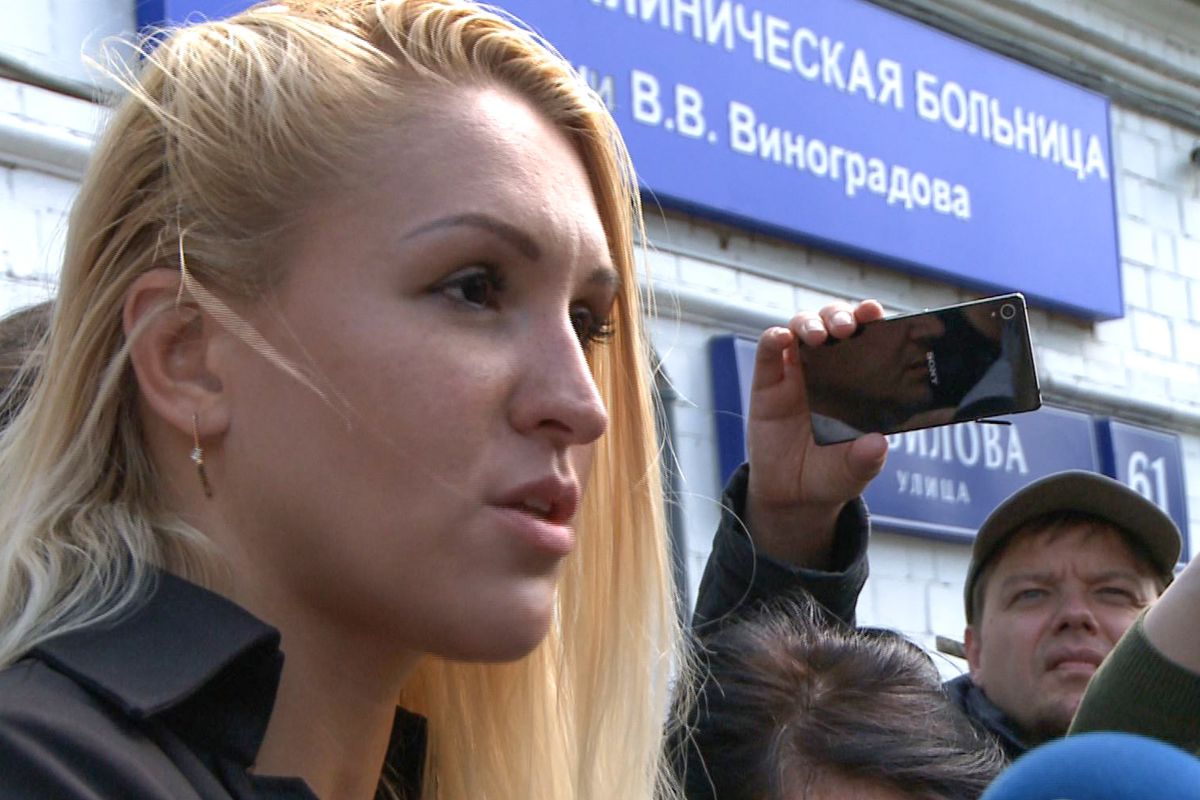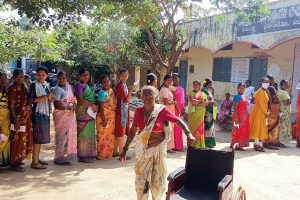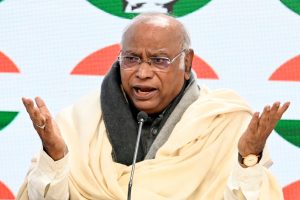Close to three decades after the disintegration of the Soviet Union (August 1991), democracy was at a discount in Russia over the weekend with more than 1,000 protesters arrested in Moscow on the eve of the September election to the city’s municipal Parliament, equivalent to the local council.
Obviously astonished by the scale of the latest agitprop, the Kremlin is determined to quash the recent surge. Police entered the homes of multiple opposition figures with search and arrest warrants, and called the editor-in-chief of the country’s leading independent television station in for questioning. On Saturday, the Russian capital witnessed the largest anti-government demonstration for years over the issue.
The Opposition movement is in protest against a decision not to allow several Independent candidates to contest. It is hard not to wonder if the election will be fought on the basis of state-sponsored nominations. Towards that end, the authorities have launched a crackdown, marked by midnight knocks on the door by investigators, who demanded to search their properties and branded them suspects in the crime of “hindering the work of Russia’s Electoral Commission”.
Alexie Navalny, quite the most prominent Opposition politician, was arrested outside his house as he stepped out to go jogging and buy his wife flowers for her birthday; he has been sentenced to 30 days in jail. The raids over Saturday and Sunday can be contextualised with Vladimir Putin’s warning at a meeting in May, saying “Western liberalism is obsolete”. By any reckoning, it has been a robust crackdown. Police put the number of protesters at 3,500, but the actual figure was said to be much higher.
If the objective is to forestall a large number of nominations, it is as yet unclear as to what charges the establishment would bring against those arrested. Nor for that matter is it quite clear what the future of the protest movement holds. Misgivings that the weekend’s ugly incidents mark the end of Russia’s 30-year experiment with elections are not wholly unfounded. Hence the pregnant observation of Grigory Yavlinsky, who came third in the 2000 presidential election in which Putin first won the presidency ~ “With each year the elections are less and less real, but this is really the end”.
In Russia, decisions on which candidates are allowed to take part in elections are often taken in the corridors of the presidential office rather than by the electoral entities. When a large number of Independent opposition candidates managed to clear the hurdles required to register for the Moscow city elections, the Electoral Commission simply claimed that many of the signatures were fake and it would not register the candidates in any case. This precisely has prompted the wave of protests.
The Kremlin still controls all and everything as it did during the heyday of the Soviet era. And they call it a democracy!










